Plant-based diets are rapidly gaining ground, even in the fitness world. Research is proving that plant-based diets can be as nutrient-rich and beneficial for your health as a diet that includes meat, and vegan athletes are competing as well as their meat-eating rivals. With negatives of red meats being simultaneously discussed, you might be thinking about going green, at least with your diet. But what happens if you’re not sold on cutting out animal proteins completely or are concerned that a plant-based diet can’t cover your nutritional needs?
You might consider a modified version of the vegetarian diet, like lacto-ovo vegetarianism, flexitarianism, or pescatarianism.
Today, we’re going to focus solely on the latter—the pescatarian diet.
What Is The Pescatarian Diet?
Pescatarian finds its root in the Italian word “pesce,” which means fish. By definition, a pescatarian is someone who chooses a vegetarian diet but also continues to consume fish, seafood, and sometimes dairy and eggs. A pescatarian will consume a large amount of whole grains, legumes, produce, nuts, and seafood to get a diet rich in omega-3 fatty acids and protein.
The foods that are cut from the pescatarian diet include poultry, beef, pork, and other land animals, like venison.
Many will also use a pescatarian diet plan for weight loss, because seafood is leaner than red meat, has less cholesterol, and less saturated fat.
Major Benefits of Pescatarianism
There are 3 reasons why people choose a pescatarian diet over straight vegetarianism or veganism, such as:
- Reduced risks of diseases, like diabetes, cancer, and high blood pressure
- High in nutrients that vegetarians often lack
- Easier to follow than stricter plant-based diets
- Sustainability
- Weight loss
Pescatarian diets have the same benefits as veganism and vegetarianism, such as a lower risk of obesity, because you are cutting a large portion of saturated fats and cholesterol from your diet. One study even found that women who adhered to a pescatarian diet gained 2.5 pounds less than women who ate meat. Another study compared the health of pescatarians and omnivores, finding that those who just ate fish had a 4.8% risk of developing diabetes when compared to the 7.6% of their meat-eating counterparts.
Similar studies that look at diets rich in seafood discovered the eating more fish reduces the risk of heart disease and dementia or Alzheimer’s disease. This is due to the increased intake to omega-3 fatty acids, which are rich in fish like salmon and mackerel.
Speaking of omega-3 fatty acids, if you eat more omega-3s, your body benefits from:
- Reduced rates of stroke, type 2 diabetes, and heart disease
- Decreased inflammation
- Improved brain health and cognitive abilities
- Enhanced fat loss
- Optimized muscle growth and recovery
Fish are also rich in vitamins and nutrients, such as vitamins A, B2, C, E, carotene, folate, calcium, fiber, and phosphorus.
Finally, you have to consider how much easier it is to go pescatarian than it is to dive straight into vegetarianism or veganism, especially if you love animal-protein. Vegetarians and vegans struggle to get enough protein, too, and they often struggle to find restaurants and other places to eat that have options for them. While this is changing with the introduction of more vegetarian and vegan-friendly dining, plant-based protein powders, and so on, sticking to such a strict diet is indeed difficult.
That’s why, if you choose to add seafood to your diet, you get more options and more flavor. It’s a win-win.
Healthiest Fish To Eat For Weight Loss
Since the pescatarian diet runs the risk of being high in mercury, you want to eat the seafood options that have the lowest amounts of mercury. The good news is that these fish and shellfish varieties are also high in protein, low in cholesterol, and have a range of vitamins and nutrients.
The healthiest fish include:
- Scallops
- Shrimp
- Clams
- Oysters
- Squid
- Tilapia
- Sardines
- Anchovies
- Salmon – canned, frozen, or fresh
- Snapper
- Catfish
- Trout
To get the most health benefits, it’s recommended that you always opt for sustainably farmed or wild-caught fish and shellfish. Farmed fish have far less health benefits and are often “frankenfish” with dyes and other chemicals in their bodies.
You can enjoy the following fish occasionally because they are high in mercury:
- Swordfish
- Grouper
- Mackerel
- Orange Roughy
- Marlin
- Tuna
- Shark
By limiting the fish high in mercury, you can avoid the main disadvantage of the pescatarian diet. Use the healthiest fish to eat for weight loss, increased intake of omega-3 fatty acids, and bioavailable protein. Mix the options with tasty vegetables, like broccoli, peppers, onions, and complex carbohydrates, like brown rice, quinoa, and sweet potatoes to maximize your weight loss and get loads of energy.
Pescetarian Diet Meal Plan
The main question many people have is whether the pescatarian diet can be used for weight loss. As we’ve already covered, the answer is yes. The reason can be found in the old adage “you are what you eat.” In other words, if you want to decrease your overall weight, you need to consume less calories so you can create a calorie deficit. Pescatarian diets work because you are filling up on protein while cutting out the negatives given by land mammal and poultry meat.
Here are some meal ideas to help you with constructing a pescatarian diet meal plan:
Breakfast Ideas
- Avocado baked eggs
- Avocado toast
- Lox (smoked salmon and creamed cheese on a bagel)
- Miso soup with cod and clams
Lunch Ideas
- Sweet potato stuffed with cheese, chickpeas, and spinach
- Mac n’ cheese with vegan cheese
- Salmon and green bean salad
- Aloo gobi with chickpeas
- Roasted tomato soup with sourdough bread
Dinner Ideas
- Green, red, or yellow Thai curry with fish or tofu
- Baked tilapia with a side of broccoli and brown rice
- Teriyaki stir-fry with either scallops, shrimp, or tofu (or a mix)
- Hummus and vegetable platter with mushrooms
Ready to cut red meat from your diet once and for all? A pescatarian diet is a healthy option for those who want to get lean, add more vegetables to their diet, and avoid causing a burden on the environment. You get more flexibility by adding seafood to an otherwise vegetarian lifestyle and also benefit from the added protein sources and nutrients.
Did you enjoy this article? Follow us on Facebook!
The post What Is A Pescatarian Diet? appeared first on Gaspari Nutrition.




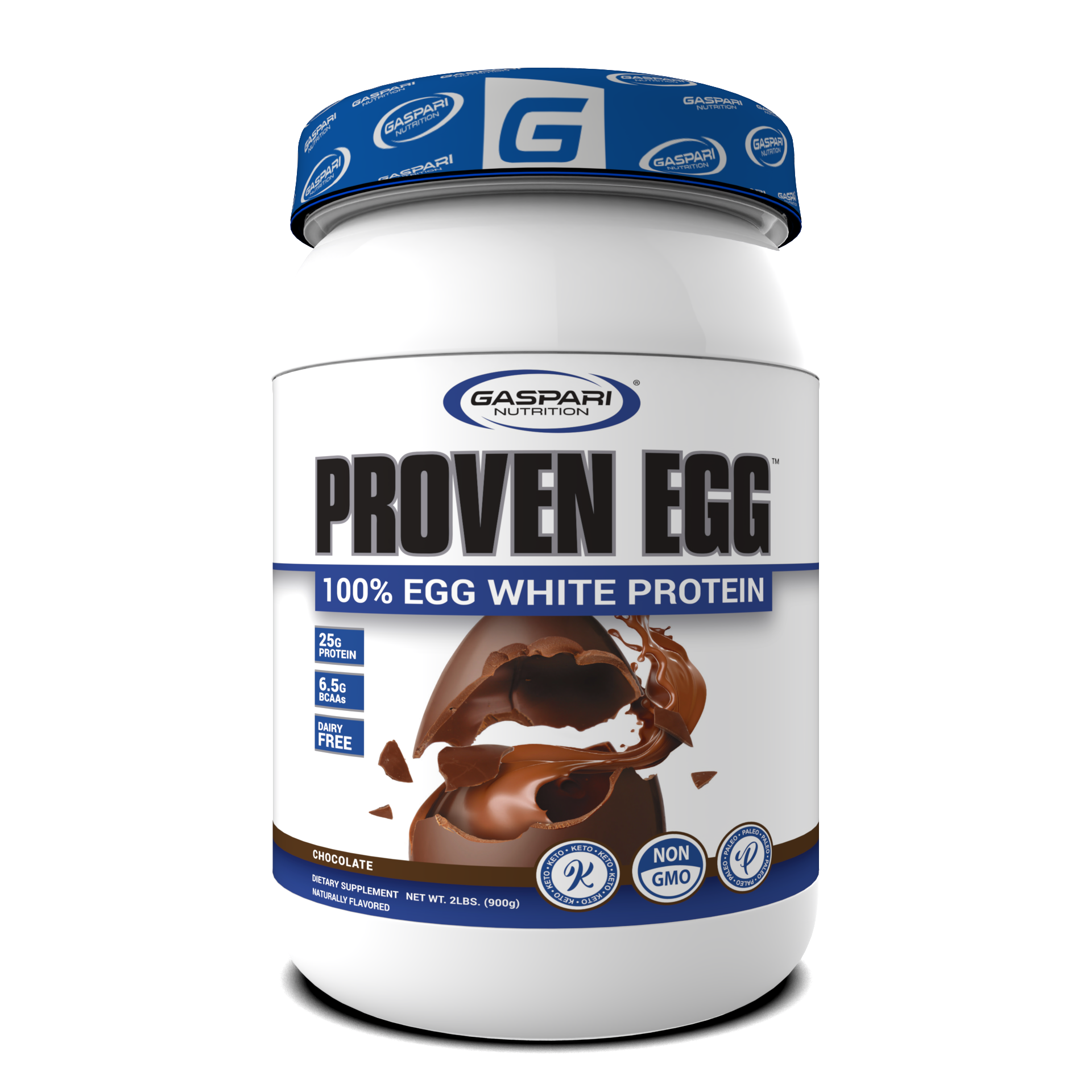



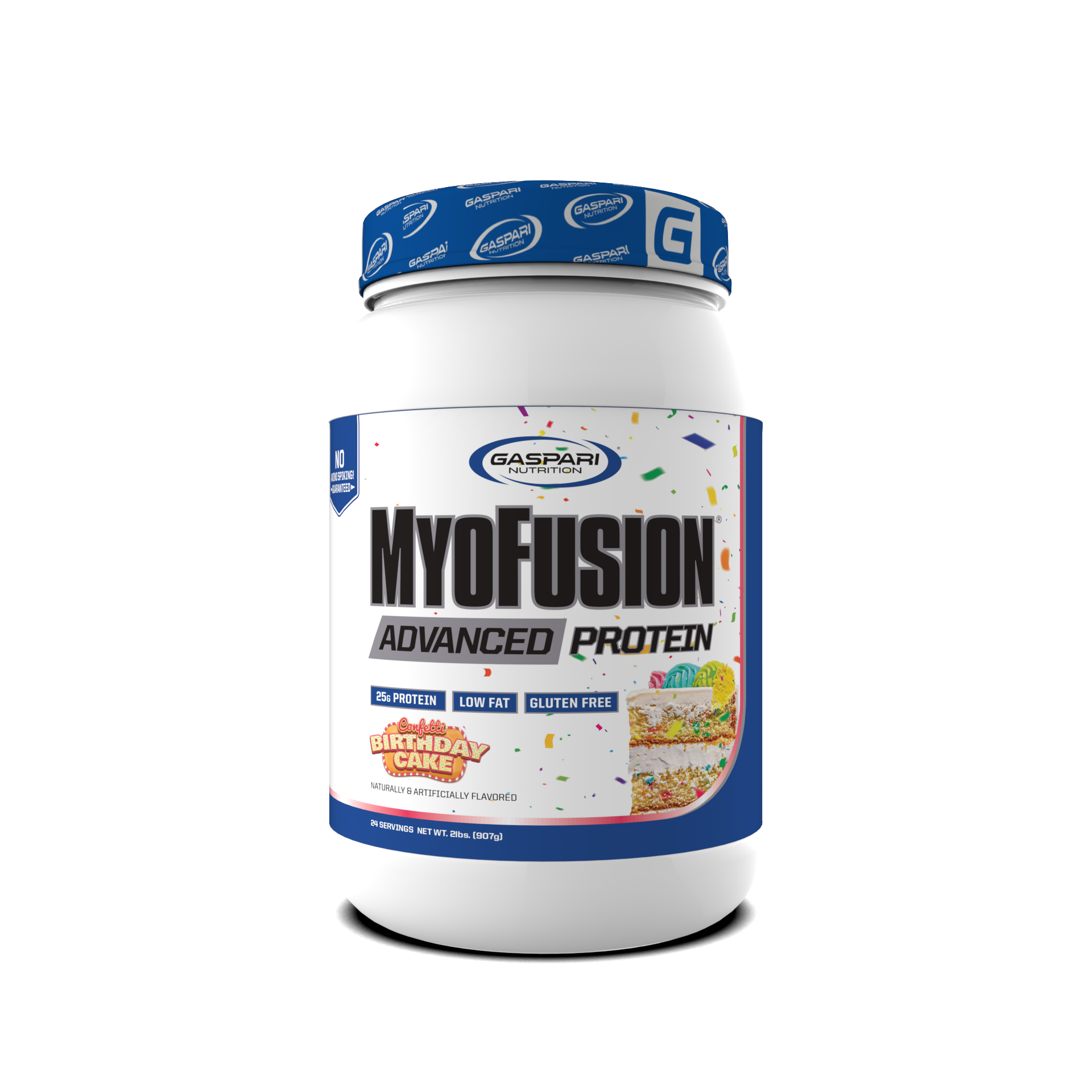



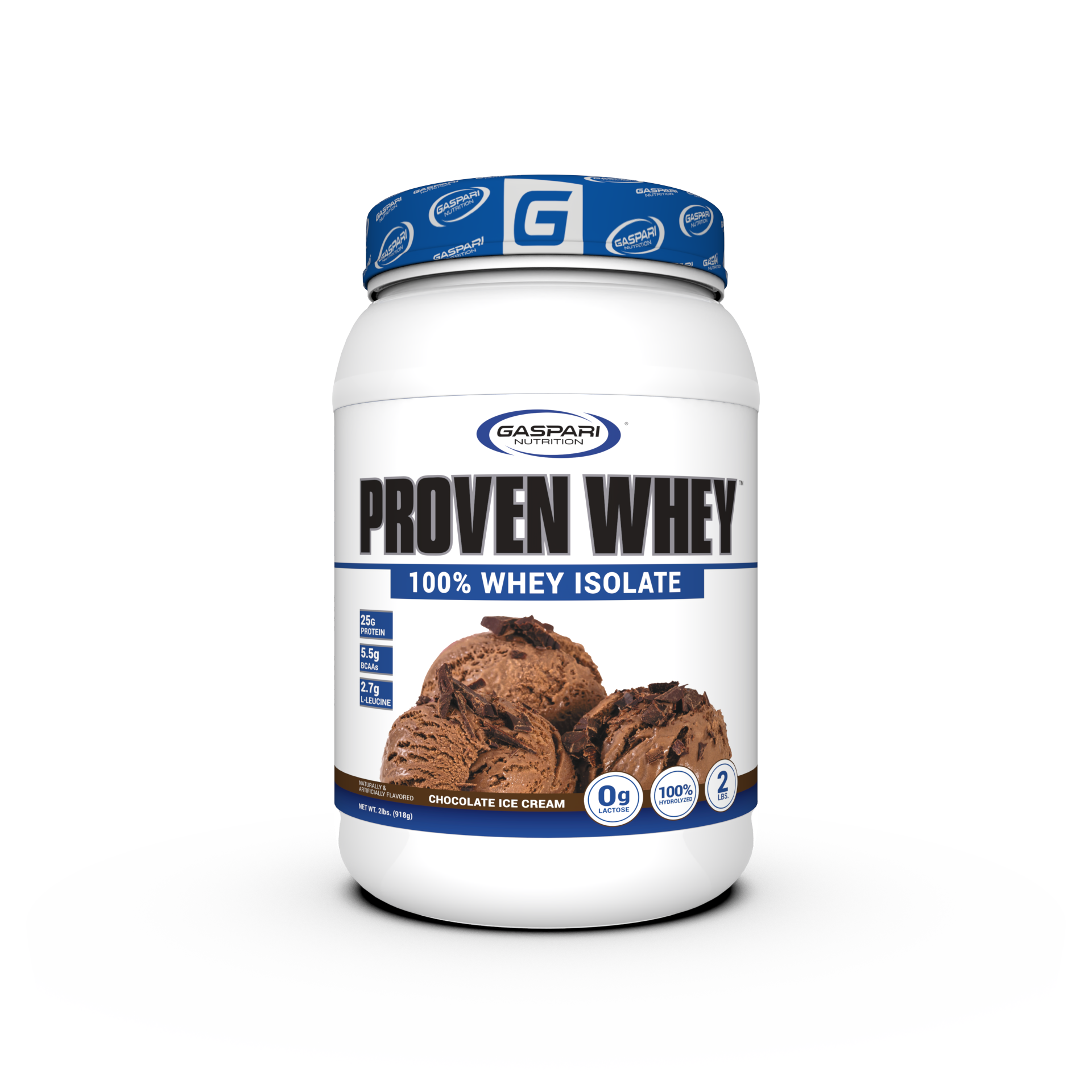




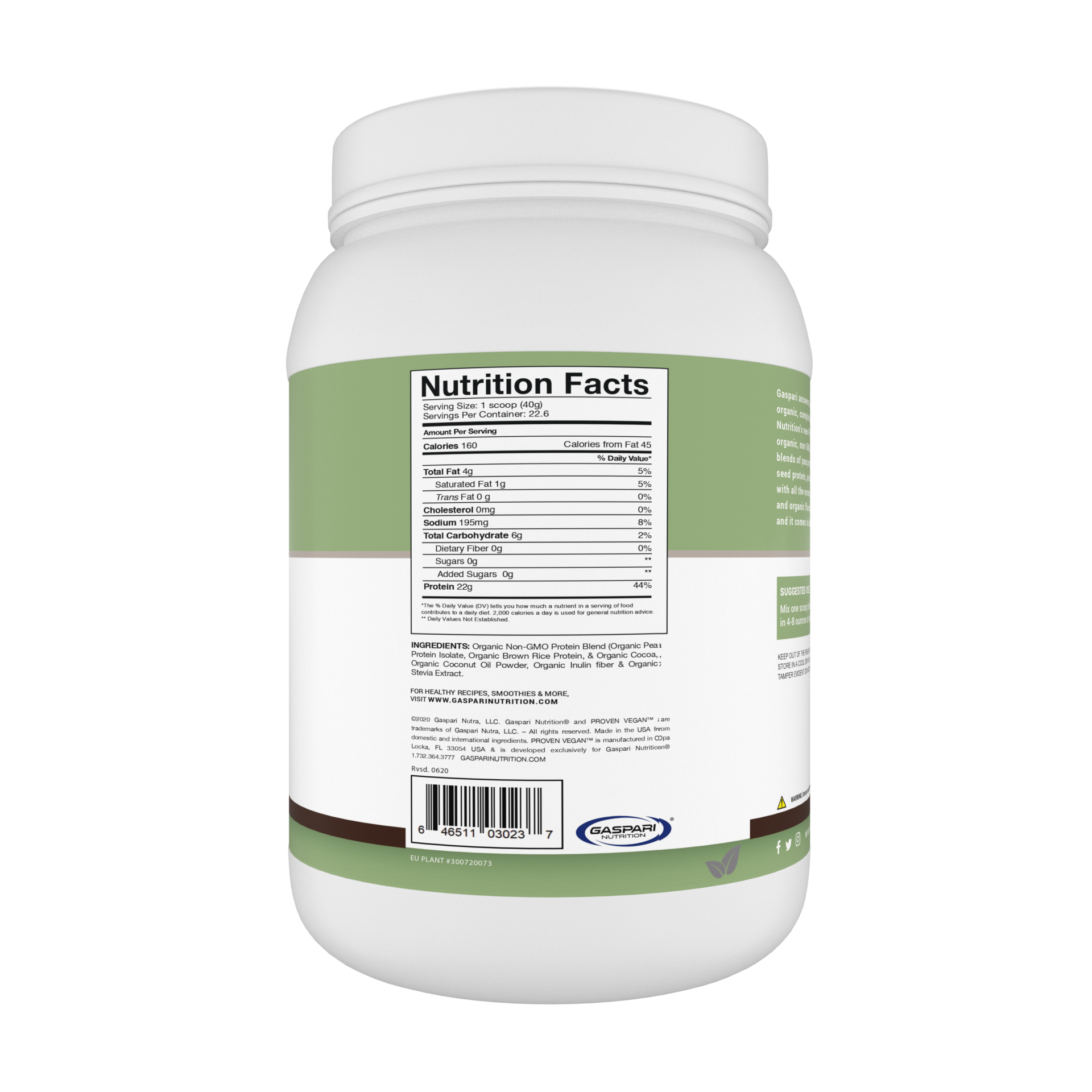






















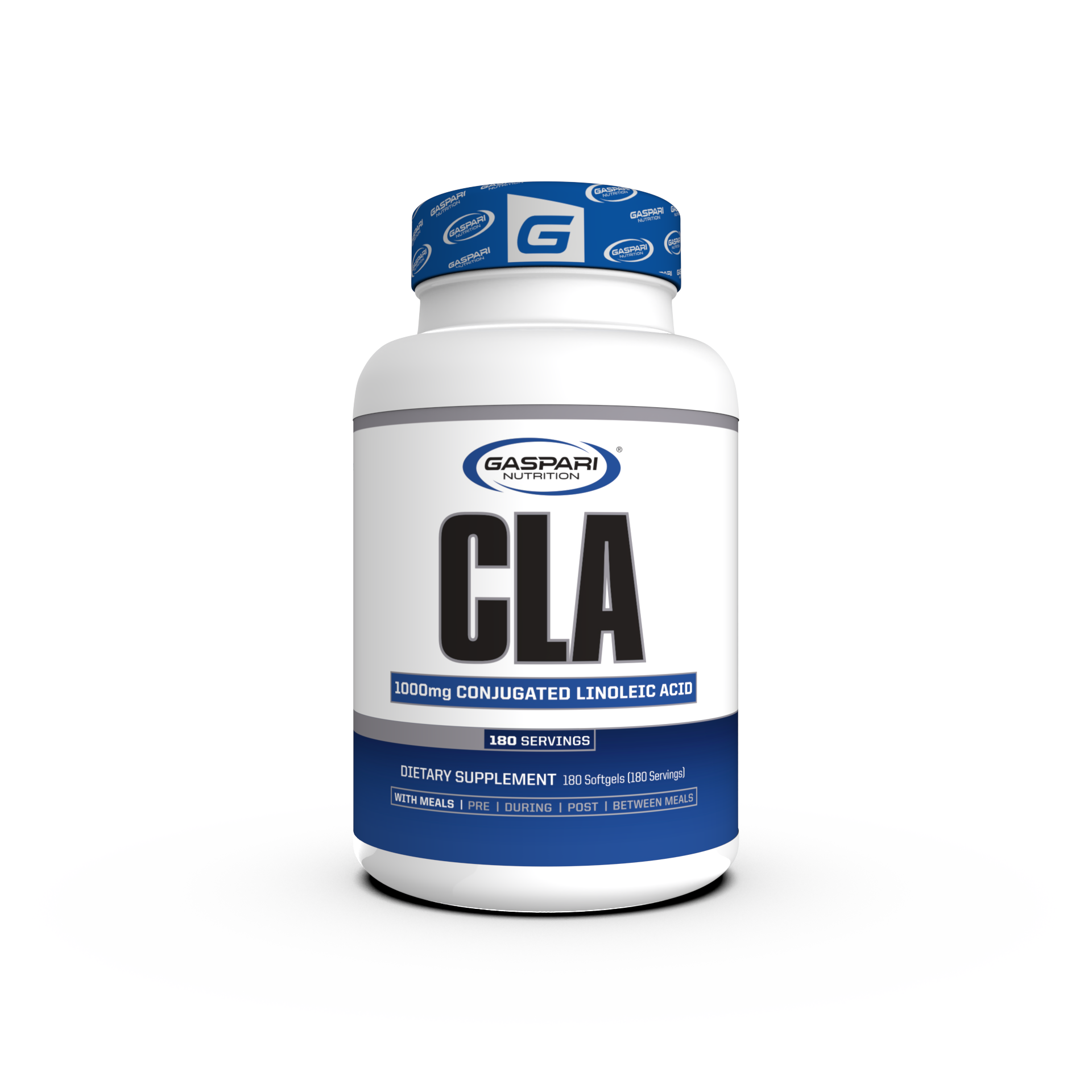



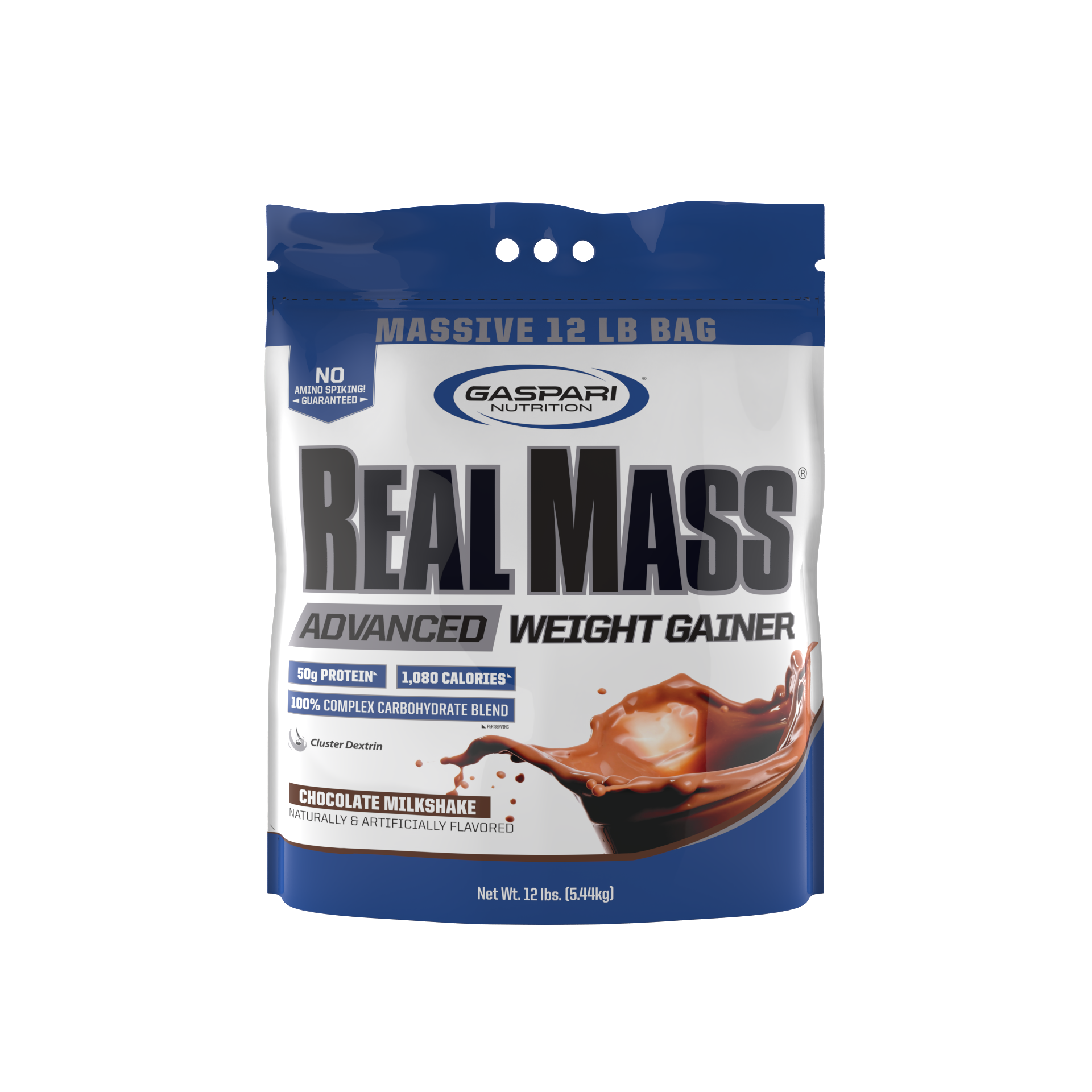











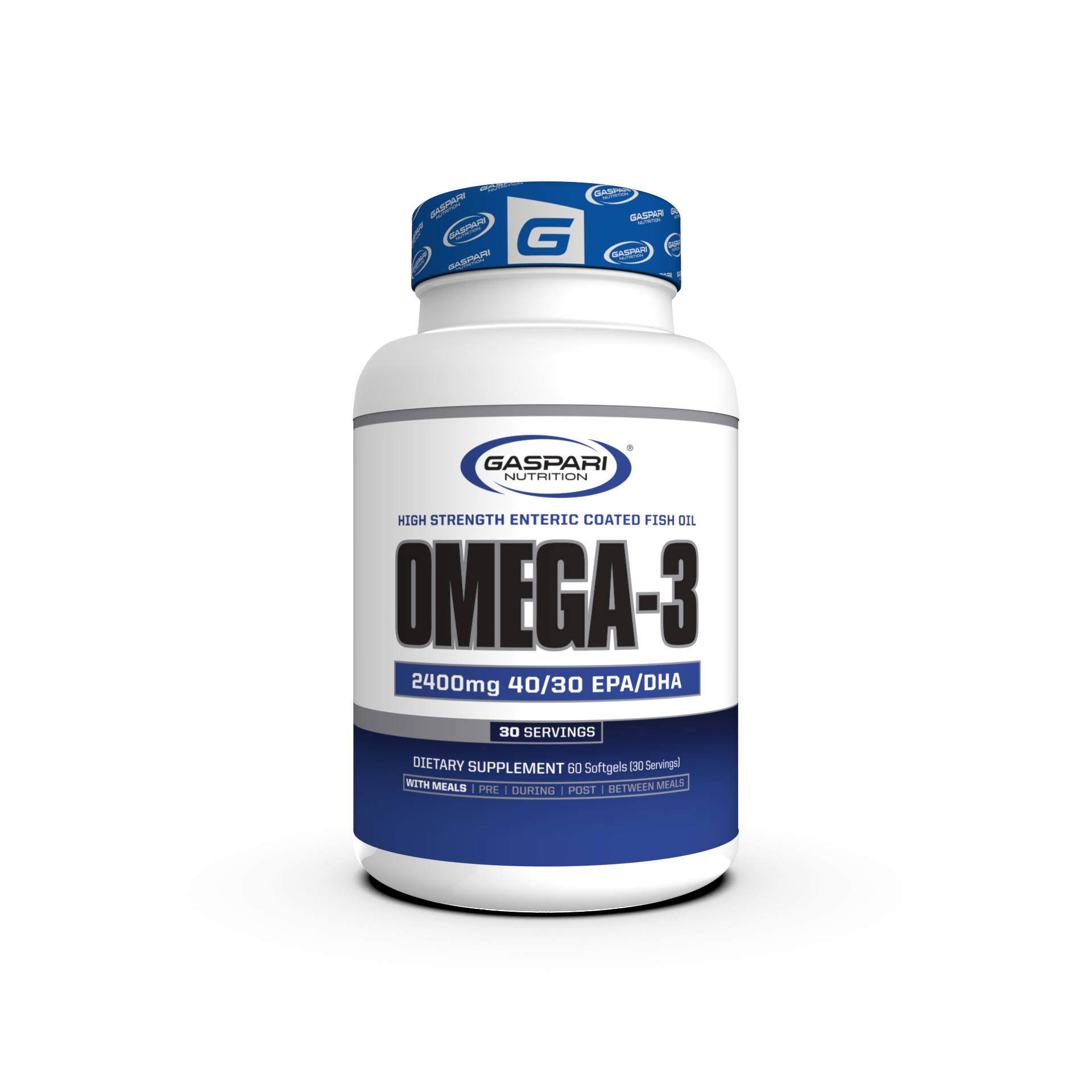



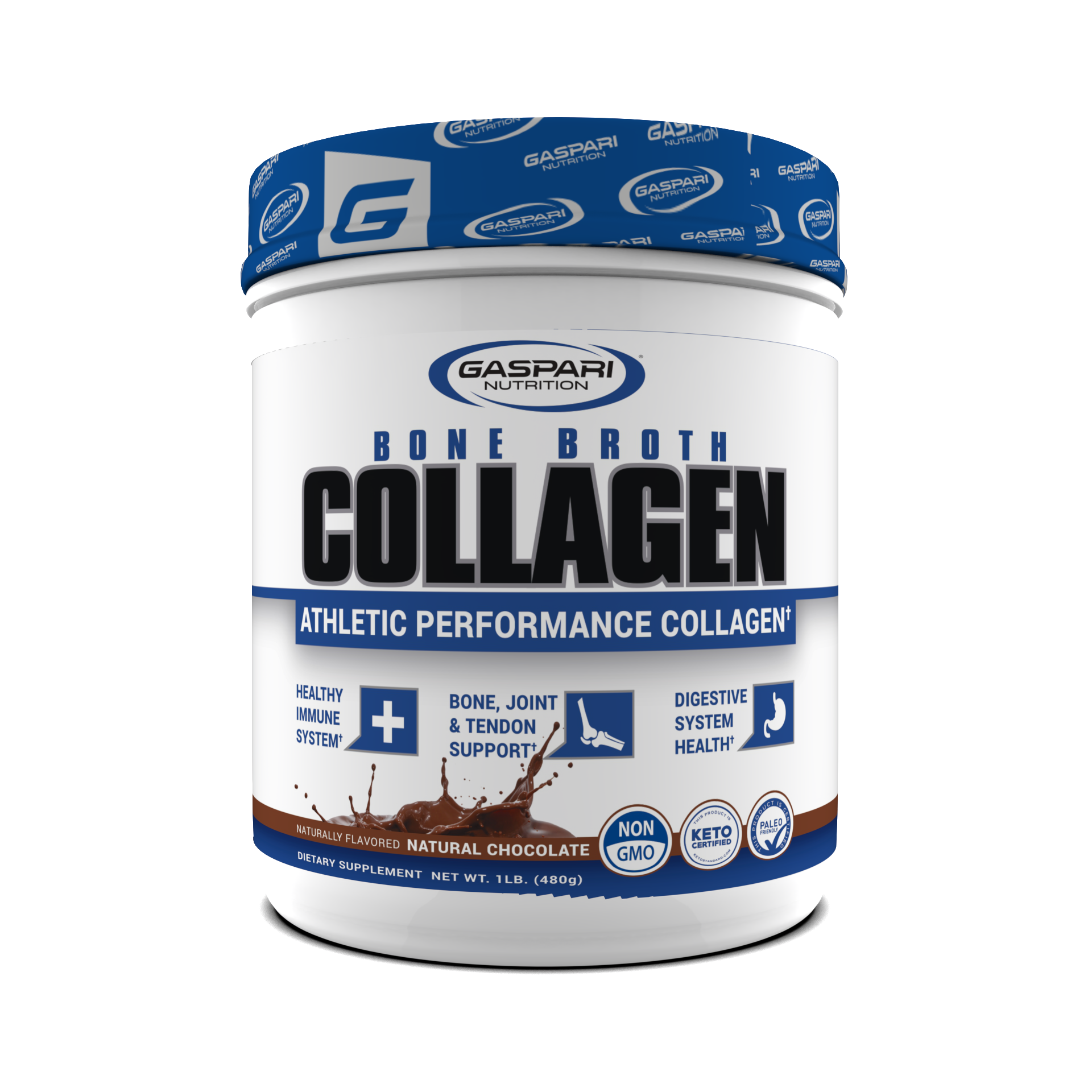



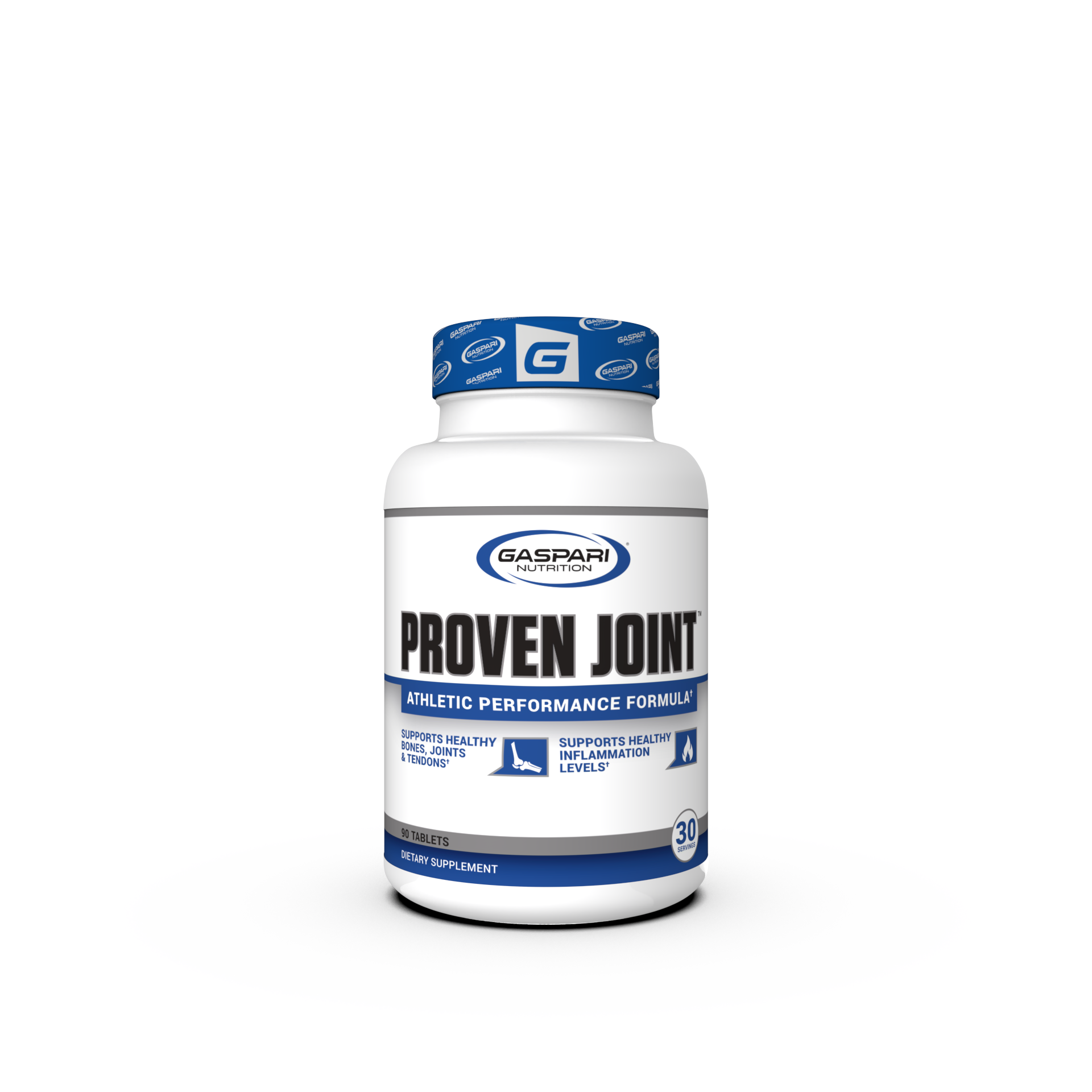








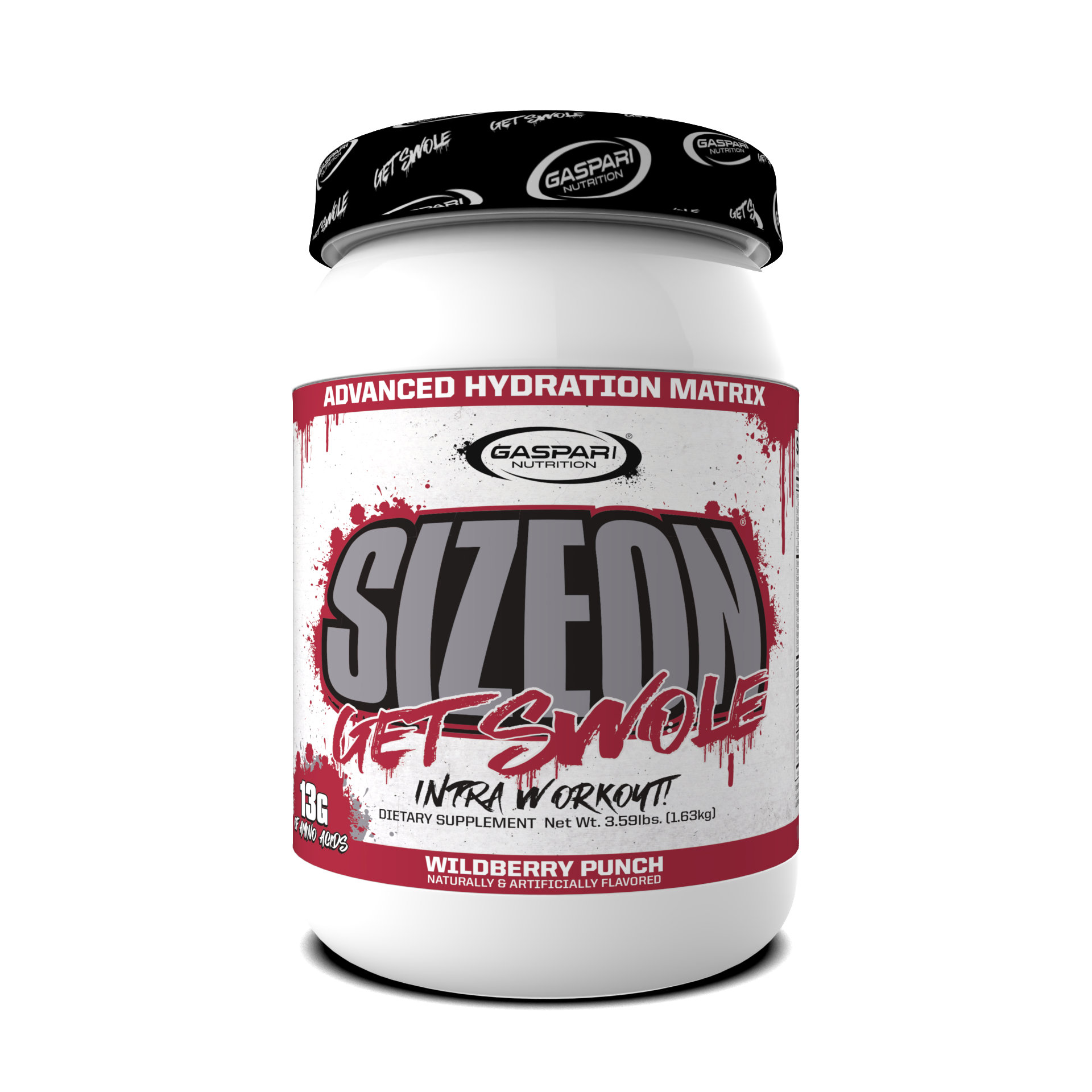


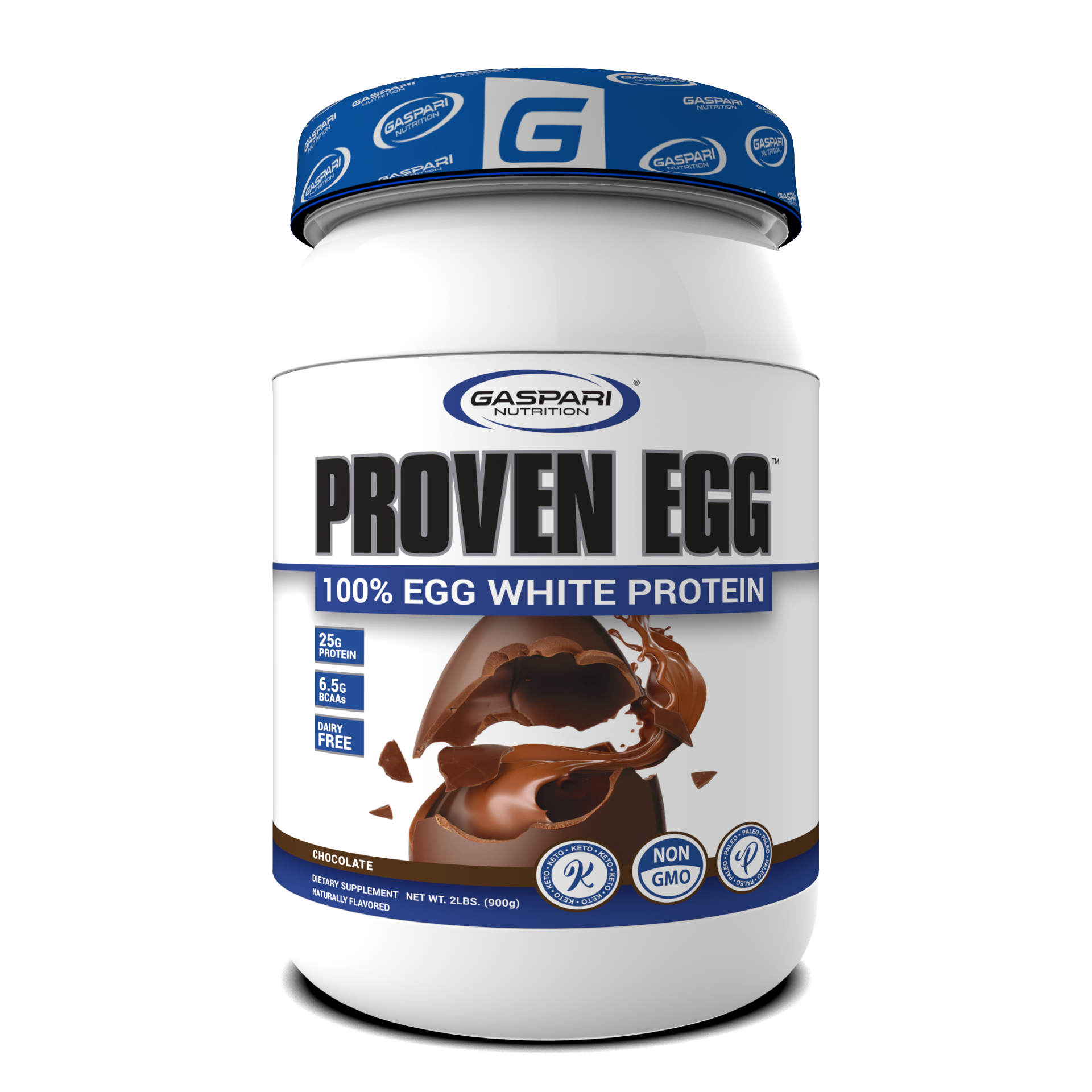

Share:
What Is Hypertrophy?
How Much Do I Have To Walk To Lose Weight?